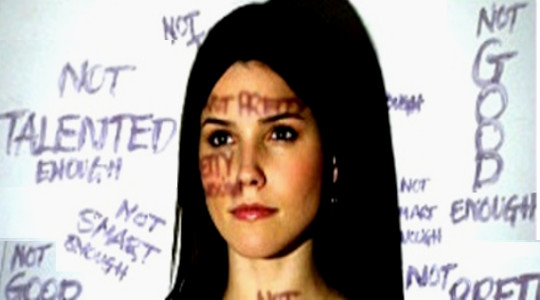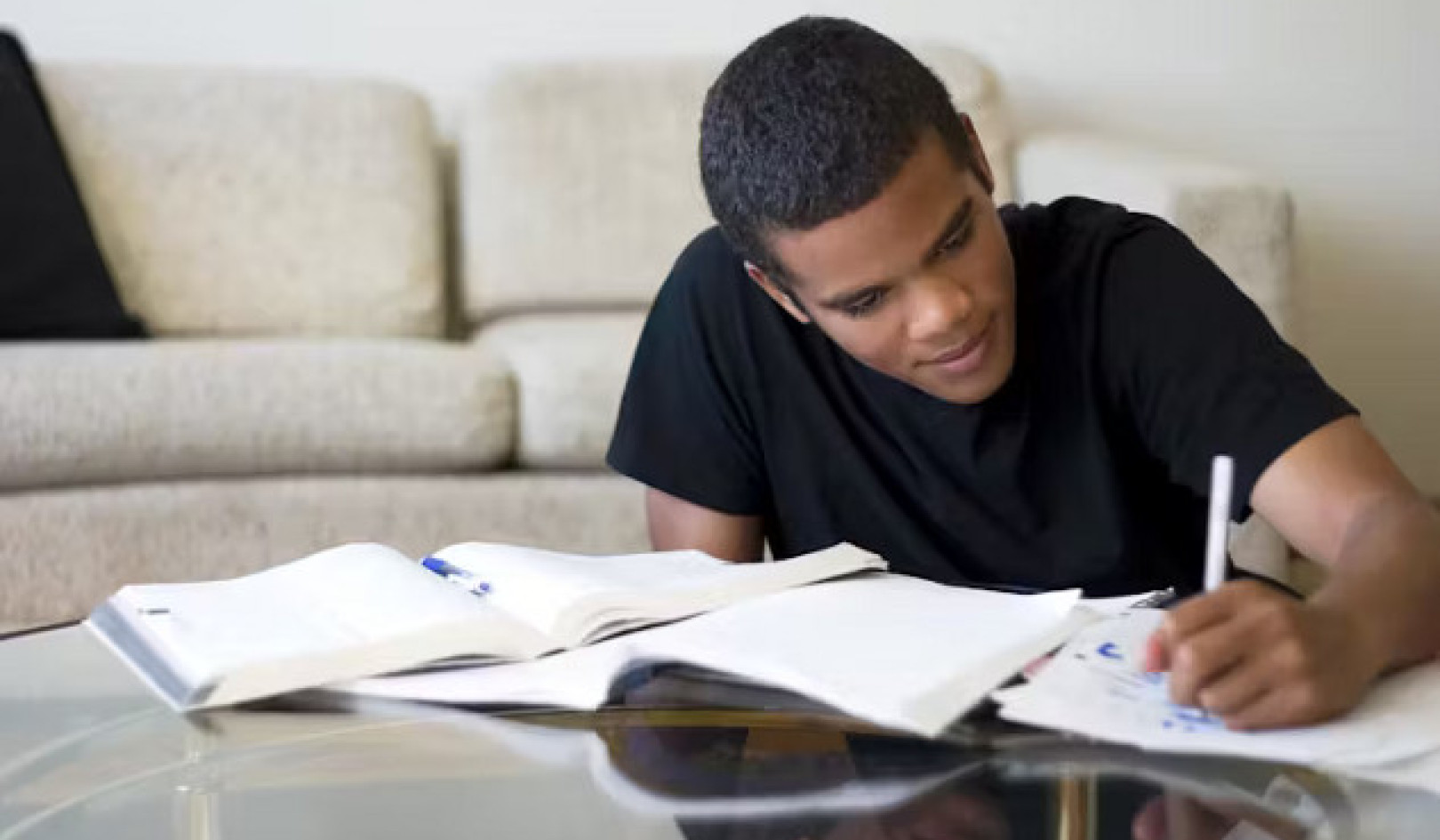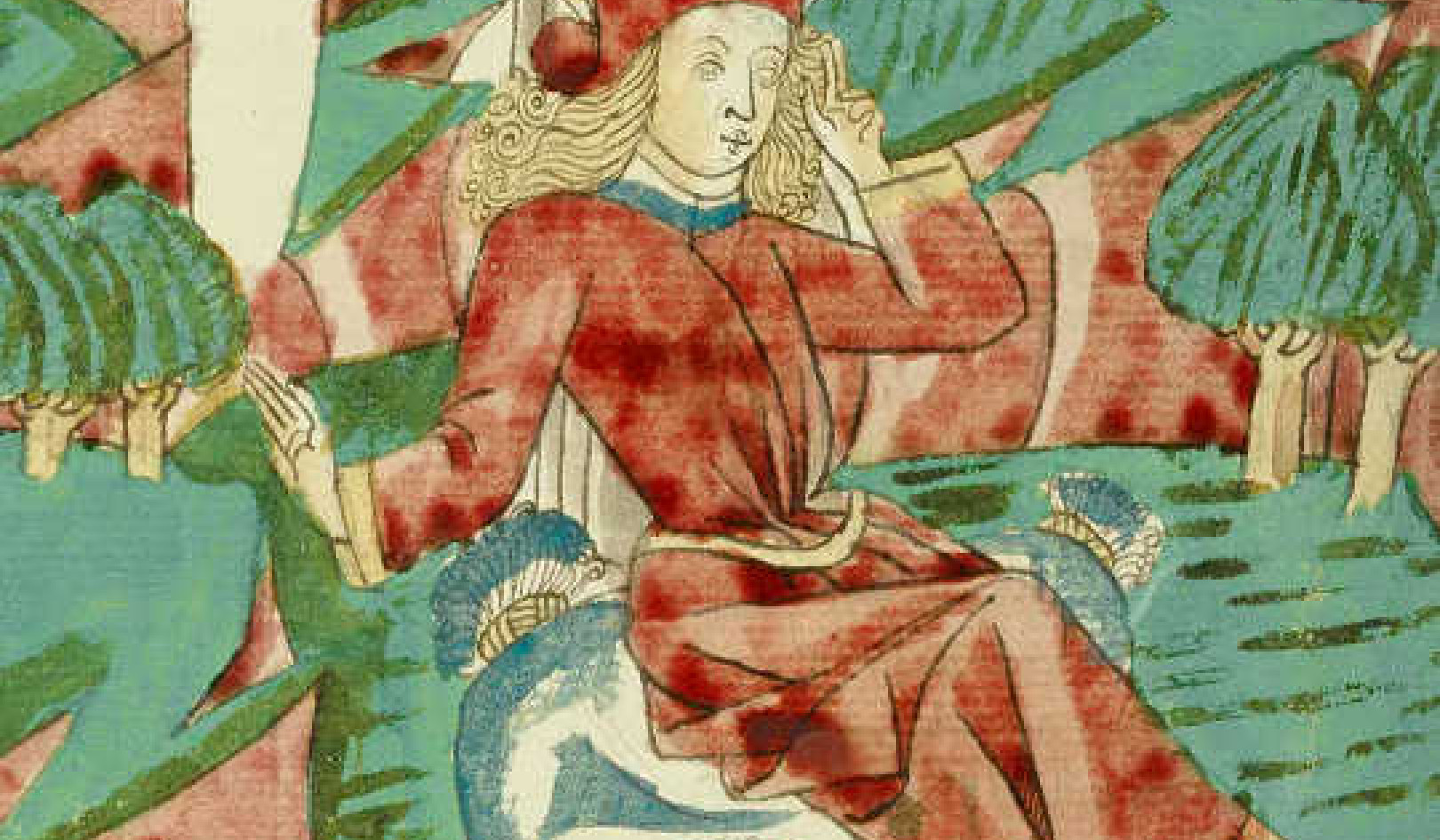
Certainly, many of us have had things happen in our lives which were neither appropriate or productive: we were abused emotionally and physiologically; we were physically battered and beaten; we were verbally abused; we were sexually abused and molested. It happened. We were there. We felt the fear, the pain, the sense of self-loathing.
And it was nothing personal. It would have happened to anybody else who had been there at that moment in time, in that place, with that relationship to those people, under that set of conditions and circumstances.
With this being so, how is it possible we have chosen to build our entire lives and self-images around such events? How is it possible we have decided to endlessly relive some thing which occurred many years ago rather than to live in the present and get on with the rest of our lives? As long as we choose to see this event, or events, as the measuring stick for our lives, we are trapped in the past and have no real chance of changing our beliefs, or our lives, and it is all based on the perception that Life somehow singled us out in some manner, and that whatever happened to us is who, and what, we are.
Trapped by Our Past and Our Perceptions of the Past
As long as we view it this way, we are right, and our lives will never change. We will be trapped by our past, and by our perceptions of the past, and our lives will endlessly repeat the same types of things over and over again until we choose to let go of the past and begin to live the rest of our lives based on different information.
A wonderful example of this concept is the main character in the movie, Groundhog Day. He literally was reliving the same day over and over and over again until he came to understand it was not how others treated him, but it was how he REACTED to others which made the difference in how his life worked.
While most or us do not actually continually relive the same day, we often do so in a figurative sense until we decide to let go of the past and do things differently.
What Hole Have You Kept Falling Into?
Another example of this is the story about the person who lived in an apartment building downtown and walked to work every day. On day, he came out of his building, turned right at the corner as he always had done, and half way down the block, he fell into this big hole. It took him all day to get back out of the hole. He went home. Cleaned up. Went to bed.
The next morning he got up and was going to work. He took a right at the comer, and half way down the block, he fell into the big hole again. It took him all day to climb back out of that hole and he missed another day of work. He went home. Cleaned up. Went to bed.
The next morning he got up to go to work. He took a right at the corner, and half way down the block, he fell into the same big hole again. It took him all day to climb out of the hole and he missed a third day of work. He went home. Cleaned up. Went to bed.
The next morning he got up, got ready for work, left the building, crossed the street, and went on to work. He finally realized that if he did things just a bit differently, he could have different outcomes in his life.
It is not so much the FACTS, or our BELIEFS, which have limited us. It has been the PERCEPTION of the FACTS which created our BELIEFS which has limited us. If we will allow ourselves to PERCEIVE ourselves, and our lives, differently, then everything else will start to change.
The Reasons We Don't Change
Far too often, even knowing all this, we will not change. In most cases, it is because we do not want to change. We have an investment in keeping things a certain way, viewing the world and other people a certain way, and if we were to allow these things to change, it would, in our opinion, make the past and everything we know pointless and meaningless.
When this is so, we develop a resistance to change.
The way we view change is: if I change, it is an admission that I was wrong in the past. It would be saying I did things wrong in the past. In short, we "beat up" on ourselves. Change is our enemy.
We view change as just another way of being told we are "not good enough". We were "not good enough" in the past, and we need to do "better". Given this viewpoint, it is no wonder change and personal growth are so hard to achieve.
This happens because we are taking what we are learning here in the NOW moment, and we are retroactively applying this information to events which happened in the PAST. We are using new information and skills as a way of proving we were "not good enough" in the PAST because we did not know then what we do know now.
"I don't want to change because it shows me what I did wrong in the past. I don't want to change because it points out my past failures when I didn't know about this."
Time for a Reality Check
 Excuse me, it is time for a very serious REALITY CHECK: We did not know what we knew before we knew it, so how is it possible to apply it to something which happened in the past?
Excuse me, it is time for a very serious REALITY CHECK: We did not know what we knew before we knew it, so how is it possible to apply it to something which happened in the past?
Using such illogical logic can keep us forever trapped in a continual loop of never being good enough. There will be something new we learn tomorrow, which makes what we know today, "not good enough".
I could use such logic this way: "If I were to take the skills, abilities, and resources I presently have, my knowledge of those skills, abilities, and resources, and my opportunity to use them, back in time to a year or two before my divorce, I could save my marriage!" How stupid could I have been not to use then what I have now? This, of course, also means that the skills, abilities, and resources I had available to me then were "not good enough" and what I did then was "not good enough" -- based on what I know today.
The challenge with such logic is that I developed the skills, abilities, and resources I have available to me today as a result of, not in spite of, the divorce. I do not get here without having been there.
Change is the Natural Outgrowth of Life
I contend change is the natural outgrowth of life, and that there is no such thing as Failure. There is only Feedback, another opportunity to learn. It is all in how we view it. We can have Failure in our lives, or we can have Learning Opportunities.
Perhaps one of the best stories illustrating this point is about Thomas Edison. It took Edison 10,001 attempts to invent the light bulb. It was the 10,001st time when he got his working model. Shortly thereafter, a reporter asked him, "Mr. Edison, how did it feel to fail 10,000 times?"
Edison responded, "Son, I never failed. I had 10,000 chances to learn something new. Every time I was able to learn something new which I could apply to the next attempt."
What a wonderful attitude!
Learning Opportunities
Most of us were far more persistent as children when we were learning to ride a bicycle or skate than we are as adults. When we were children, every time we fell down, we got back up and kept going until we mastered the skill we wanted to learn.
As an adult, most of us seldom do so. We are afraid of looking silly or stupid the first time we do something. We are afraid of what other people will think of us. We quit right away if we feel we are not getting the maximum desired result at once. We did not get it "right", so we turn and walk away, a "failure" once again.
The fact was it was all in how we perceived it.
Given, some learning opportunities will be more optimum than others; however, we are "learning", it is impossible to fail. In order to FAIL, we must reach an outcome past which nothing will ever happen, and past which nothing will ever change. If we are allowing ourselves to "learn" and "change" and "grow" from what is taking place in our lives, there are no "final" outcomes, no end points, and we can not fail at anything.
Reprinted with permission of the publisher
Blue Dolphin Publishing. ©1999.
www.bluedolphinpublishing.com
Article Source
The Possible You
by Charles Frost.
 The Possible You demonstrates how our mind can prevent us from being who we really are. Early childhood programs taught us how to think in fearful or imbalanced ways. Now we can learn how our minds actually "work", and how to use our minds to achieve anything we wish.
The Possible You demonstrates how our mind can prevent us from being who we really are. Early childhood programs taught us how to think in fearful or imbalanced ways. Now we can learn how our minds actually "work", and how to use our minds to achieve anything we wish.
About the Author
Charles Frost is a full-time lecturer and presenter within New Thought and metaphysical churches and also teaches at self-help centers and bookstores throughout the U.S. and Canada. Mr. Frost is a certified Neuro-Linguistic programmer and has a background in sales, marketing, and education.
Related Books
at InnerSelf Market and Amazon























